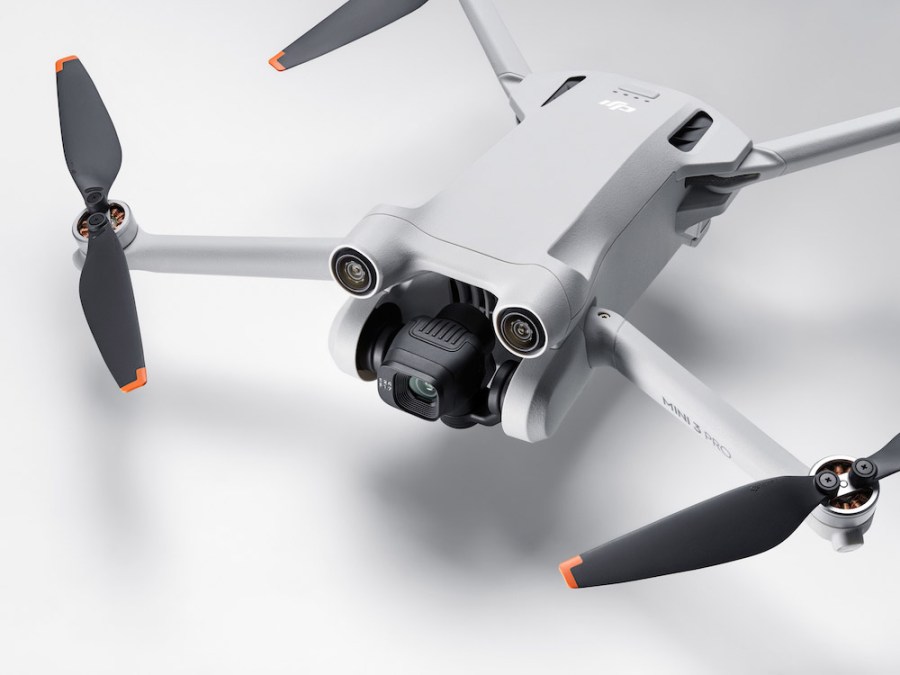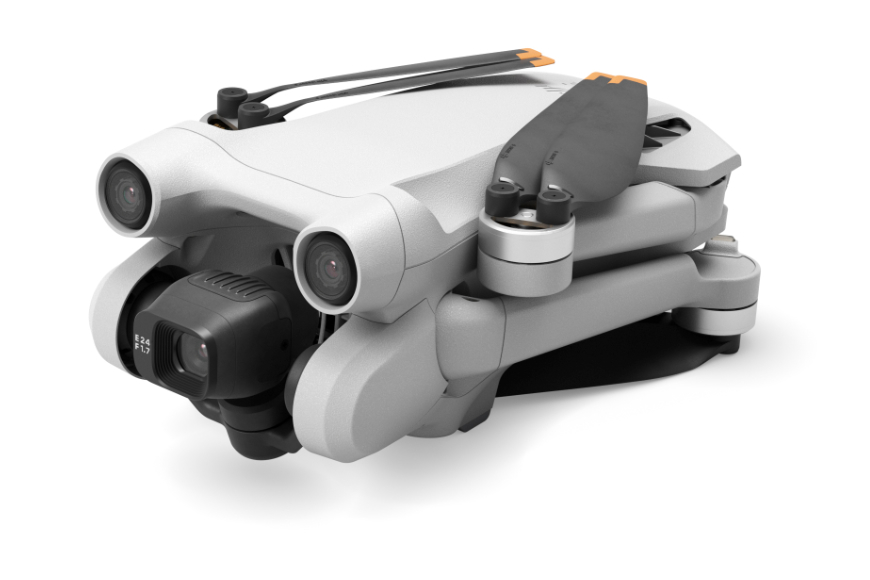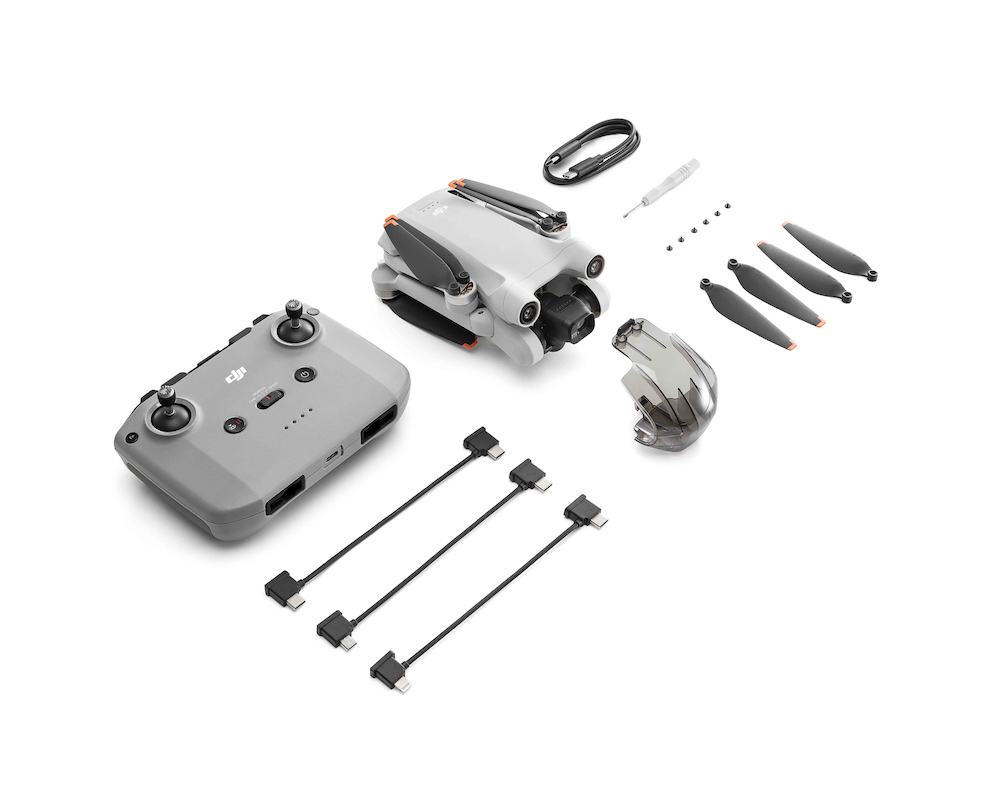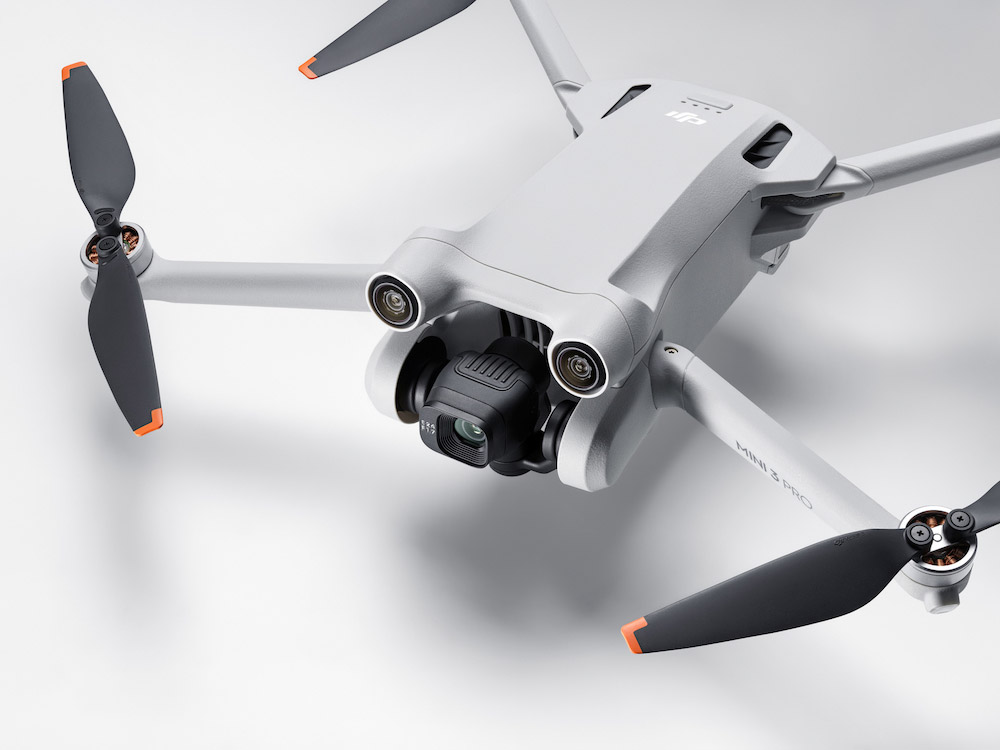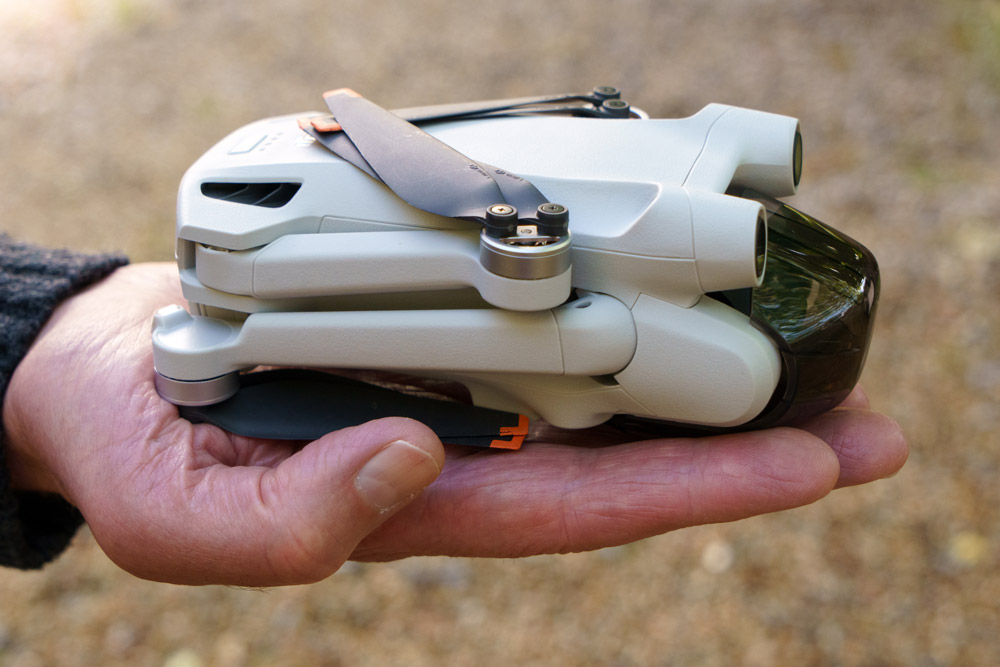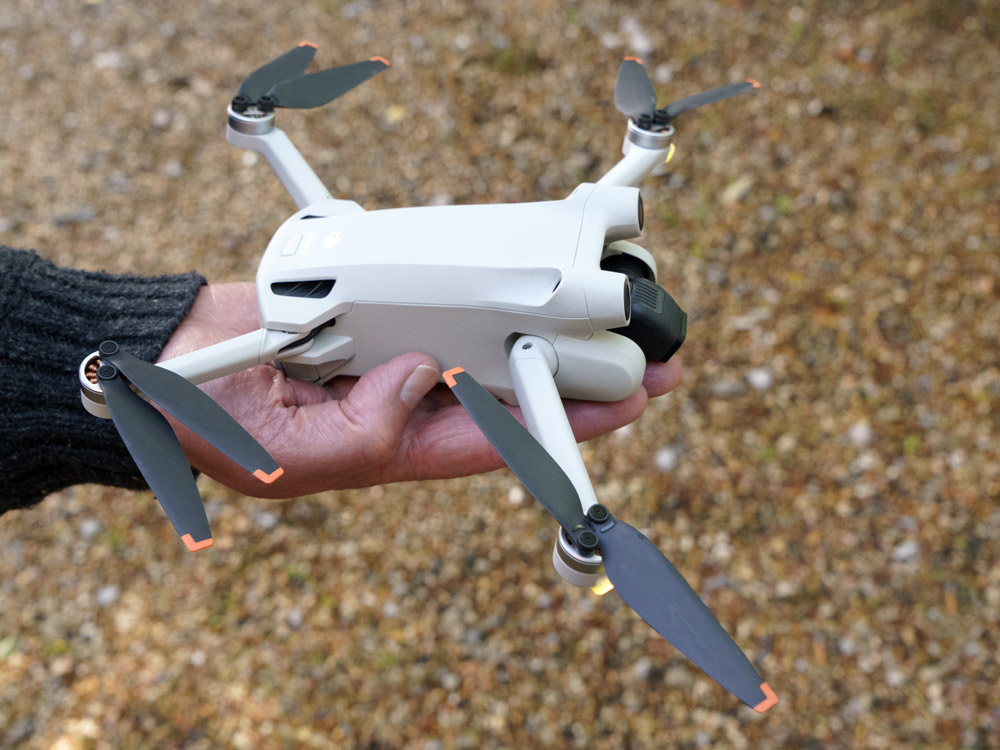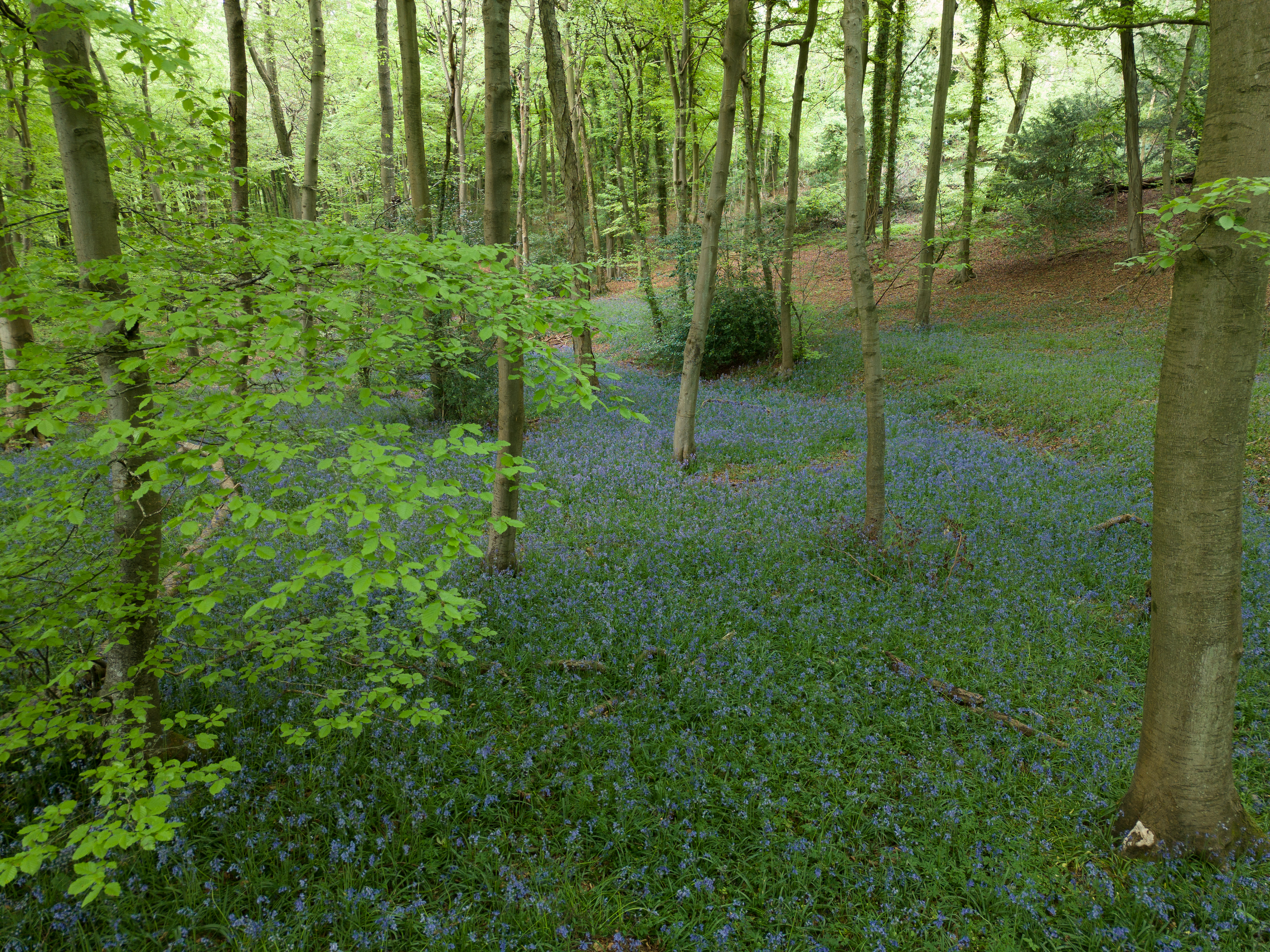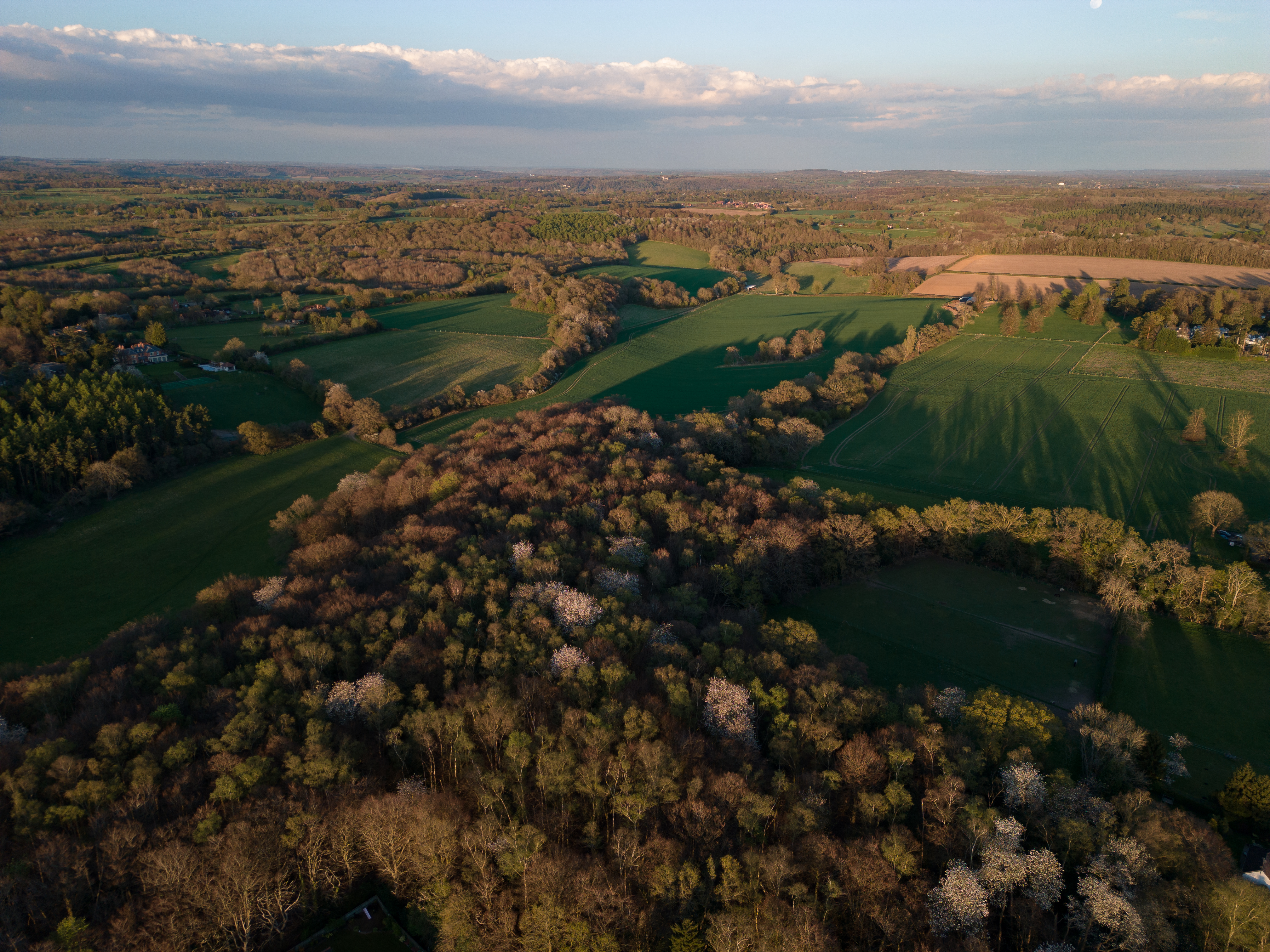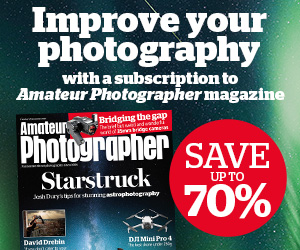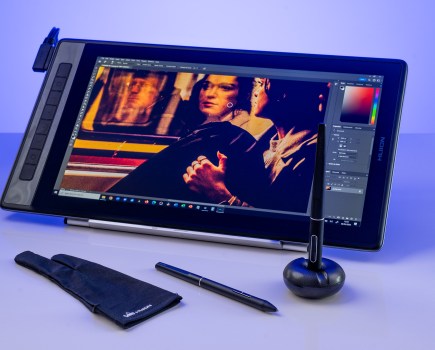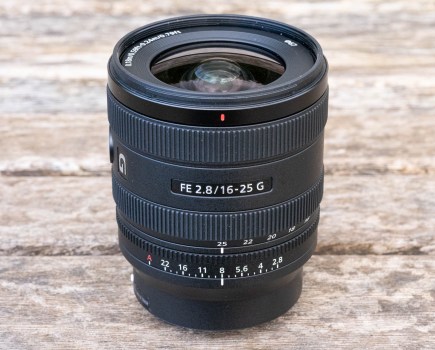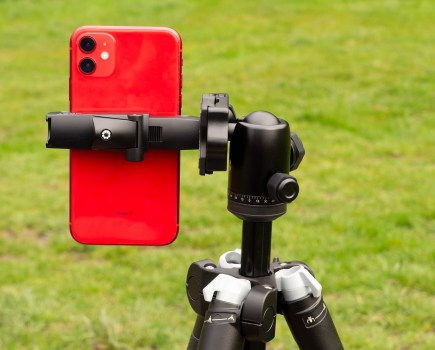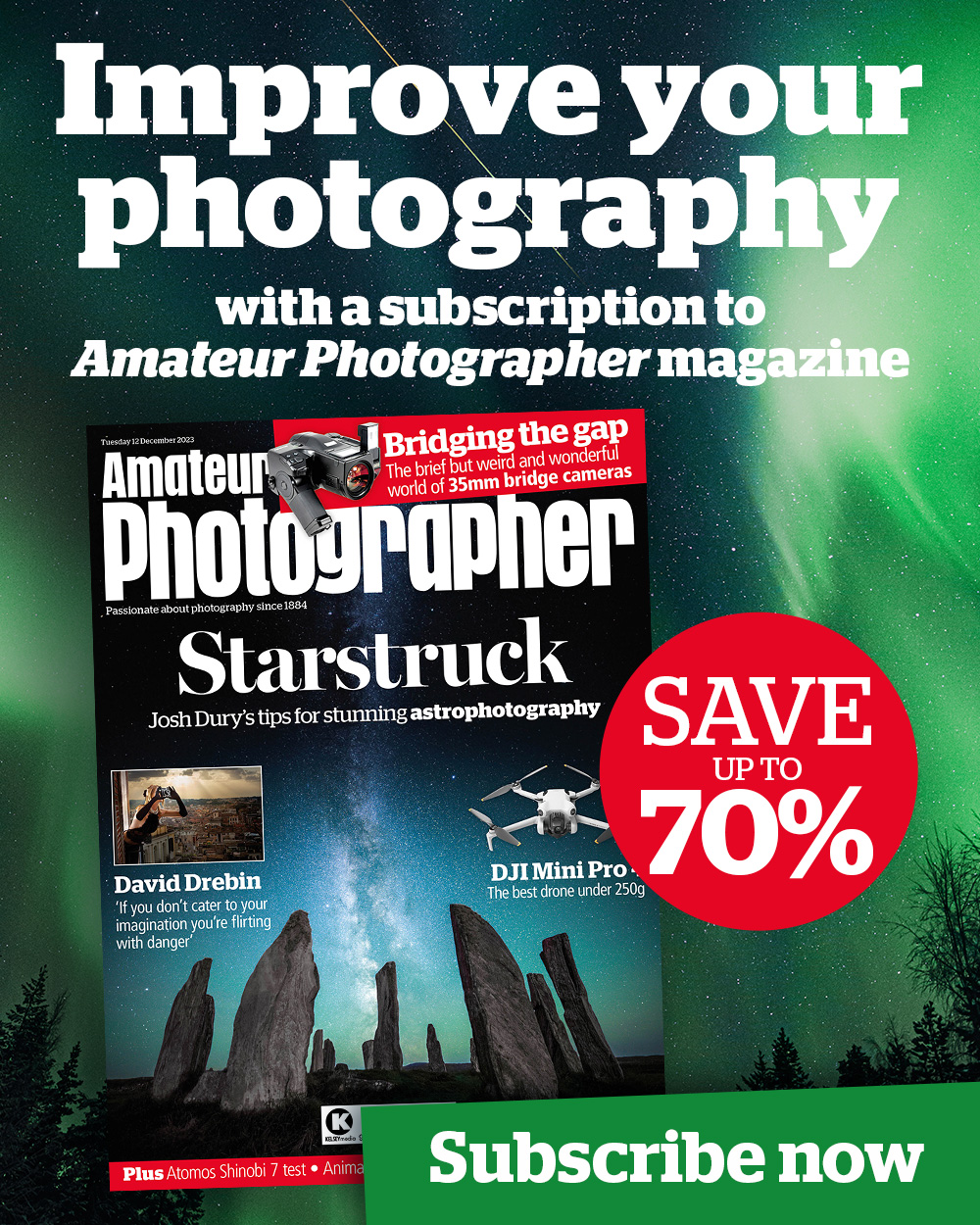The new DJI Mini 3 Pro may weigh less than 249g but it has features that make it far more than a toy. Angela Nicholson has been flying it for our review. The DJI Mini 3 Pro is priced at £639 without a controller, £709 with the RC-N1 controller and £859 with the DJI RC controller.
At glance
- Drone with integrated camera
- Weighs less than 249g
- 12/48MP 1/1.3-inch CMOS sensor
- 4K (3840×2160) at 24/25/30/48/50/60p
- 24mm (equivalent) f/1.7 lens
- 3-axis mechanical stabilisation
DJI Mini 3 Pro Features
The Mini 3 Pro is the latest of DJI’s sub-250g drones. That weight is significant because it means that you only need to get a Flyer ID and Operator ID from the CAA to fly it in the UK. With that fairly simple task done, you’re able to fly it pretty much wherever you like apart from in the flight restriction zones around airports, military bases and prisons etc. You can even fly over people as long as there isn’t a crowd of them.
You should always have the permission of the landowner to take-off and land, but the freedom to fly with the Mini 3 Pro opens up a whole raft of aerial photographic and video opportunities.
As you’d expect, keeping the weight of the Mini 3 Pro down to under 249g with the battery, propellers and a microSD card means it feels quite delicate, but it hasn’t stopped DJI increasing the size of the sensor in its camera from a 1/2.3-inch type in the Mini 2 to a 1/1.3-inch type in the new drone. That brings a significant step-up in image quality.
Further good news is that the standard Intelligent Flight Battery that comes with the drone enables up to 34 minutes of flight. There’s also an Intelligent Flight Battery Plus that can enable 47-minute flights, but as that takes the drone’s weight over 250g, it’s not available in the UK or Europe.
Four things you need to know about the Mini 3 Pro:
- Fold-away – The arms fold-away to make the drone easier to transport
- Propellers – The four propellers come in two halves and are user-replaceable
- Camera – A cover is provided to protect the camera and gimbal during transportation
- microSD Card – There’s 1.3GB of internal storage plus a UHS-I microSD card slot
DJI Mini 3 Pro – The camera
DJI has used a 12MP sensor with a quad-Bayer design for the Mini 3 Pro’s camera. This means that each pixel is divided into 4 sections that can be read separately or together. Consequently, it can produce 12MP or 48MP images in raw or Jpeg format. While the results in 12MP mode are very good, the 48MP images really impress and have more detail than the 12MP when they are scaled to the same size.
The lens has an effective focal length of 24mm while the aperture is fixed at f/1.7, so you’ll rarely need to push the sensitivity close to the ISO 6400 maximum.
Video features
In addition to stills, the Mini 3 Pro is capable of shooting 4K (3840 x 2160) at up to 60fps, 2.7K (2720 x 1530) at up to 60fps or Full-HD (1920×1080) video at up to 60p, or in slow motion mode, at up to 120p. Footage can be recorded in MP4 or MOV format in H.264/H2.65 at maximum bitrate of 150Mbps and with ‘Normal’ or D-Cinelike colour.
Although the camera’s focal length is short, the fairly large sensor and f/1.7 aperture mean that you need to keep an eye on the focusing when you get close to subjects.
DJI Mini 3 Pro – Automatic options
Like DJI’s other recent drones, the Mini 3 Pro has the company’s Mastershots, FocusTrack and QuickShots options that make it easy to capture dynamic footage and keep the subject sharp. TikTok and Instagram story fans will also be pleased to learn that the Mini 3 Pro’s gimbal can rotate the camera through 90° to switch to portrait orientation with just a tap on the controller screen.
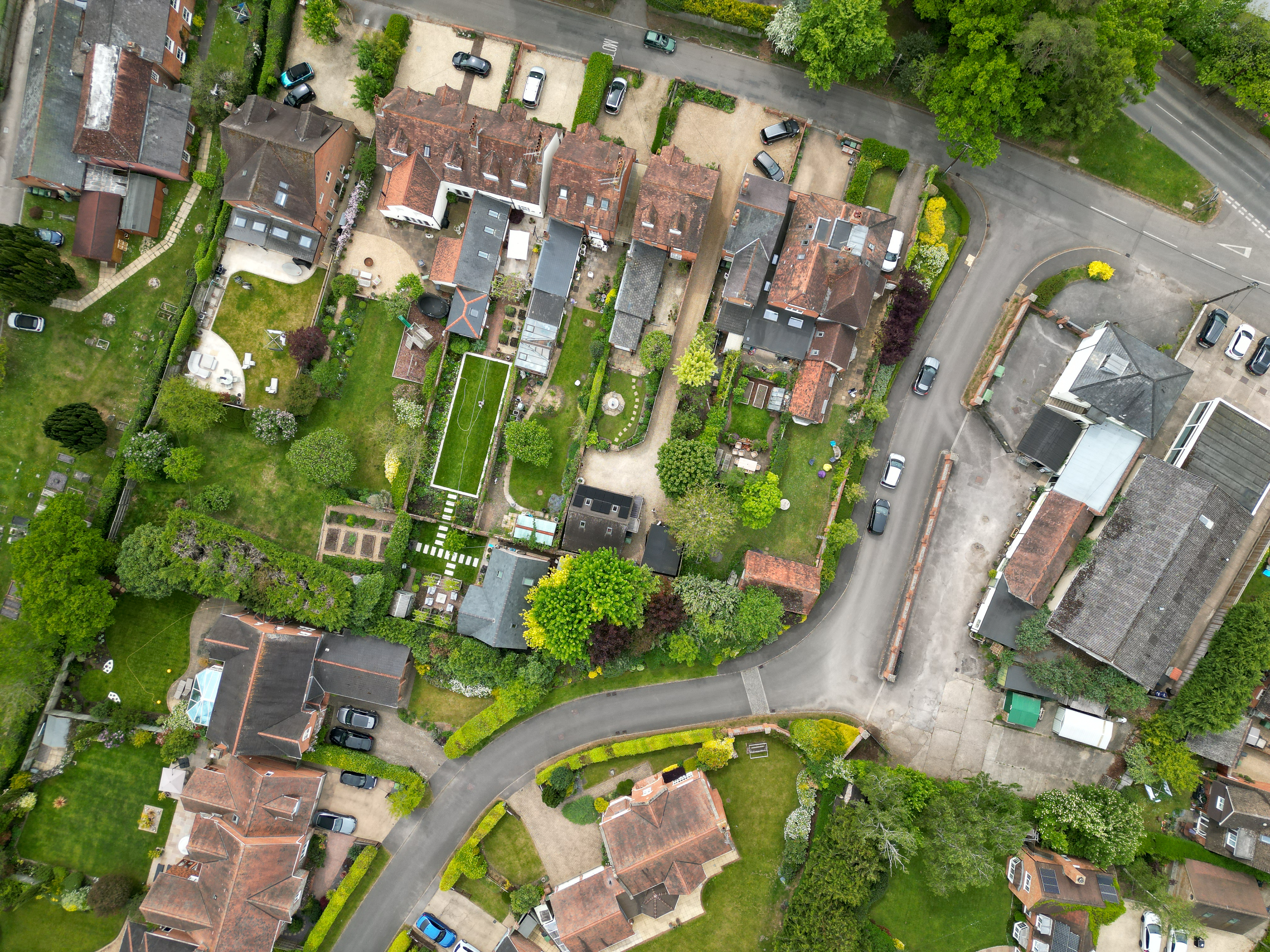
12MP image, 1/1000s, f/1.7, ISO100, 7mm/24mm equivalent, view 48MP version here.
There’s also a helpful object avoidance system with forward-, downward- and backward-facing sensors to help you avoid trees and the like while flying, but with no upward-facing sensor you need to take care when taking off under overhanding branches.
While the Mini 3 Pro has a wind resistance rating of 10m/s (22.3mph) it seems to buffeted around quite a bit by a fairly light breeze. In most instances the gimbal is able to smooth this out, but you need to take care if you’re flying in a high spot.
DJI Mini 3 Pro Pricing
DJI sells the Mini 3 Pro for £639 without a controller for those who are upgrading and already have a remote control, or for £709 with the DJI RC-N1 Remote Controller which has a clamp to hold a smartphone to provide the screen for showing the Live View image and control options. Alternatively, the Mini 3 Pro can be bought with the new DJI RC controller for £859. This controller has screen built in so you don’t need to fiddle about connecting your phone.
DJI Mini 3 Pro Verdict
The DJI Mini 3 Pro offers a fantastic combination of features in a very compact and lightweight, easy-to-fly unit that produces superb video and stills. Its an excellent choice for photographers looking for their first drone, but it’s destined to used by experienced drone pilots who want something they can take everywhere as well.
However, a case is essential to give it some protection in a backpack. Also, unless you already have a controller, or your budget won’t stretch to it, go for the £859 kit with the DJI RC controller because you get three more controls and quicker set-up with no need to connect your phone.
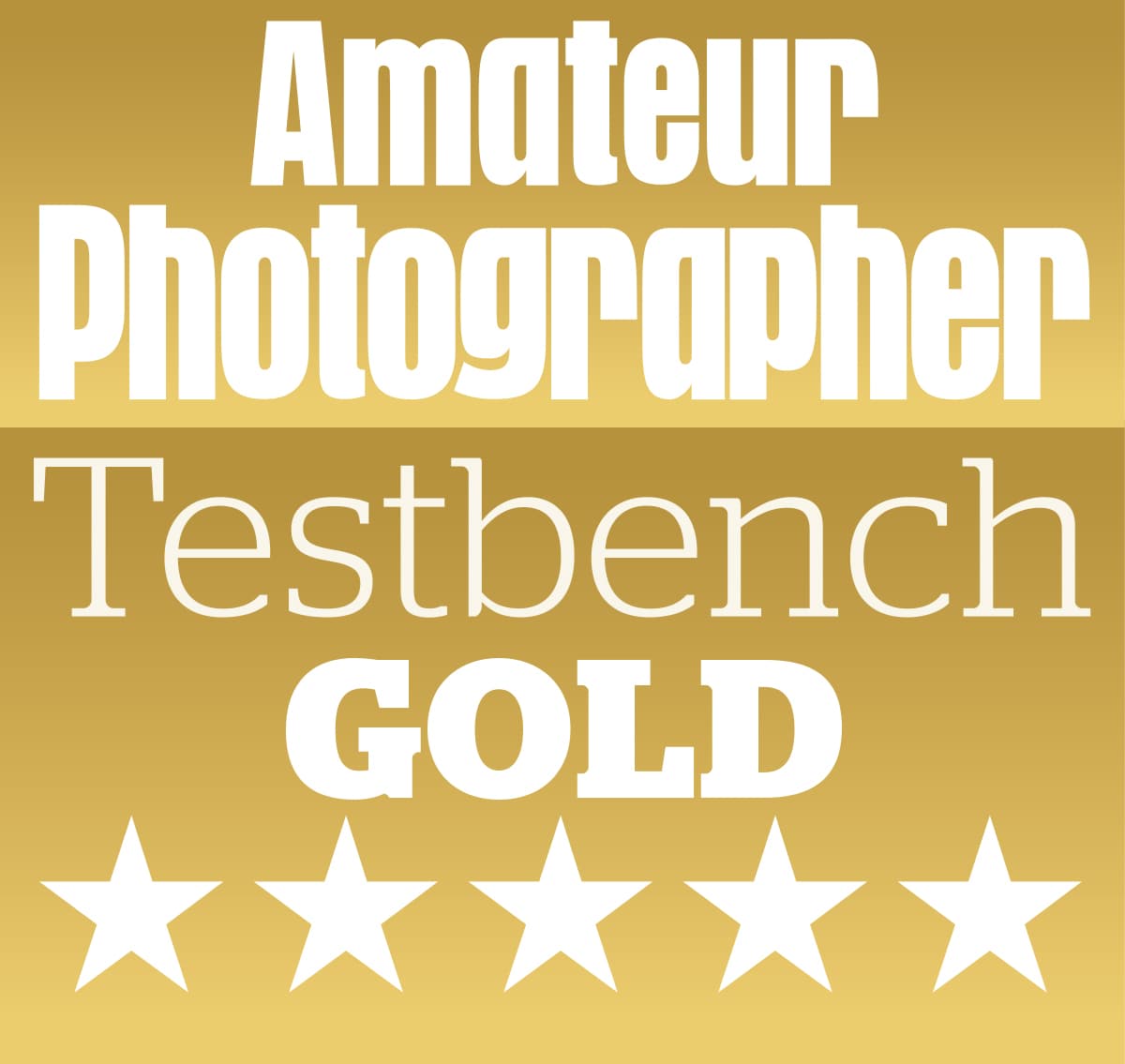
Staying legal
In the UK, you need to register your drone with the CAA and obtain an Operator ID and Flyer ID via https://register-drones.caa.co.uk.

